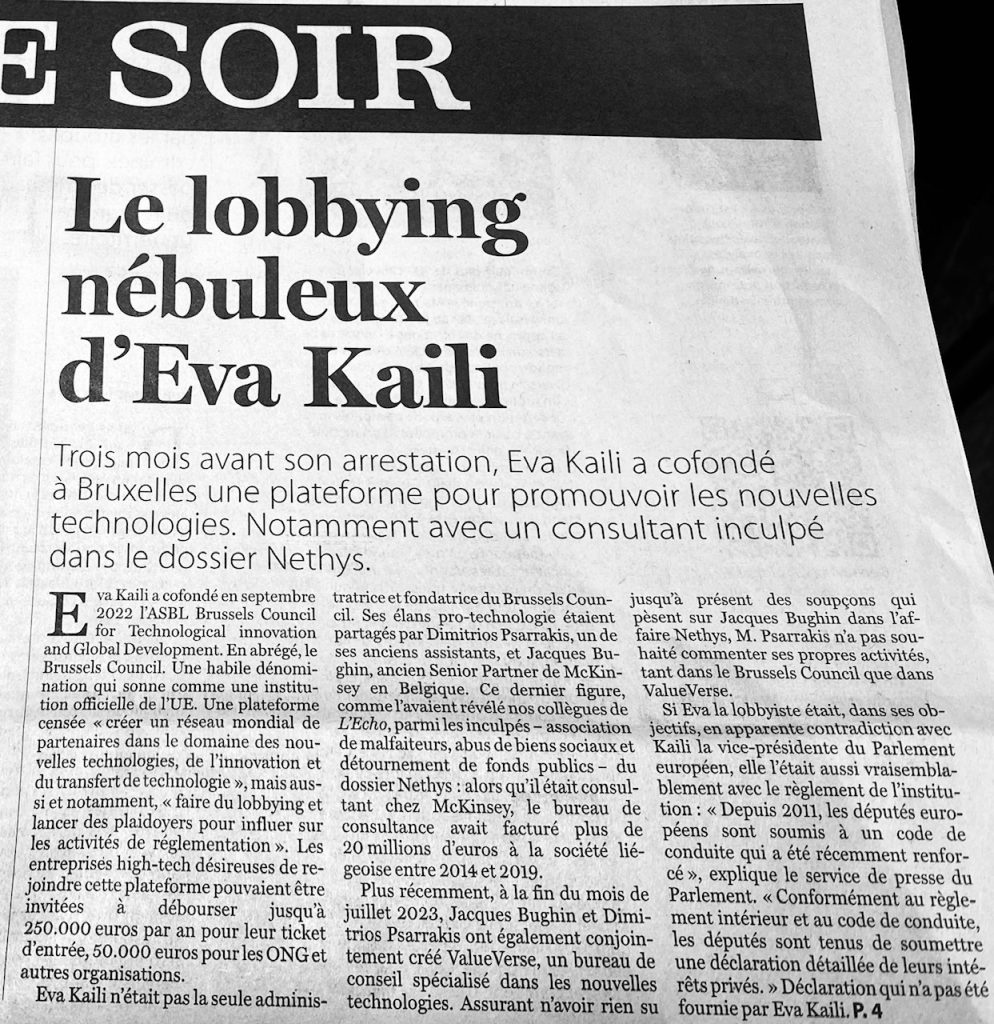We identified already the importance of monitoring in democracies. The same theoretical considerations hold for an analysis of leadership irrespective of the organizational context, be it a government, governmental organization, non-governmental organization, association or private enterprise. In democracies, it is in most cases a constitutional rule that leadership positions are limited in time and it is “best practice” to have clear rules about renewable terms of office as well.
In private enterprises this seems to be of lesser importance, but the issue deserves more close scrutiny, not only by shareholders in case of a shared ownership or stocks. A particular person in the leadership position might be a good match for a company at times of growth or scaling of a start-up, but the same leadership is less likely to be an equally good match for the period of eventual stagnation or shrinkage.
Therefore, as an alternative hypothesis it might be wise to adopt leadership rules similar to filling leadership positions with politicians. Fixed-term and 1 renewal could be worth testing at the leadership level (like in presidential republics, USA or France), even if this does not preclude close monitoring of leadership processes. As a starting point for empirical research, Vogel, Raes, Bruch (2022) offer a toolkit to assess organizational energy and leadership trajectories. Learning from democracies as well as democratic procedures might be a worthwhile leadership model to follow. (Image: ceiling painting in chateau Vaux le Vicomte)
























 The century-old tradition to produce miniature books has been revived and the miniature books have been widely distributed at the event. A side effect consists in the
The century-old tradition to produce miniature books has been revived and the miniature books have been widely distributed at the event. A side effect consists in the  325 years ago, Weigel the Elder has illustrated, edited and published such a tiny edition of the Bible. It is currently exposed in the treasure museum at the “
325 years ago, Weigel the Elder has illustrated, edited and published such a tiny edition of the Bible. It is currently exposed in the treasure museum at the “


 Zeitdruck bei der Heimkehr oder beim Wegfahren lassen auf die Begründung der Nachdrücklichkeit der Aufforderung schließen, bitte Ausfahrt freihalten.
Zeitdruck bei der Heimkehr oder beim Wegfahren lassen auf die Begründung der Nachdrücklichkeit der Aufforderung schließen, bitte Ausfahrt freihalten.


